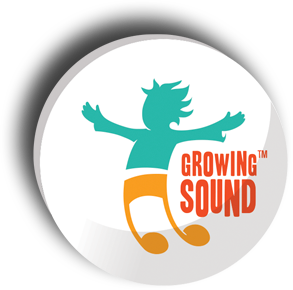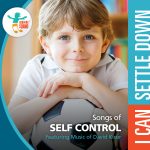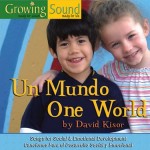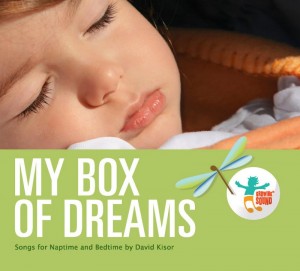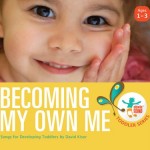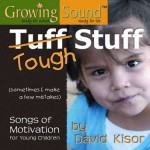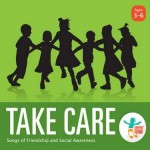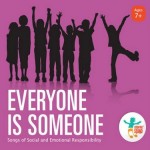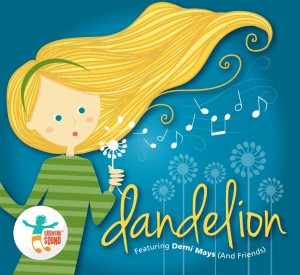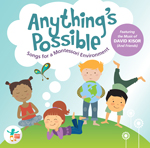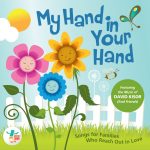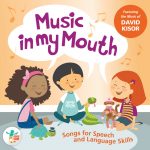
Understanding Anxiety and its Impact
Before delving into the ways in which music can alleviate anxiety, it’s important to understand what anxiety is and how it affects our well-being. Anxiety is a natural response to stress, characterized by feelings of unease, apprehension, and worry. While occasional anxiety is normal, prolonged and excessive anxiety can have detrimental effects on our mental and physical health. Chronic anxiety can lead to increased cortisol levels, compromised immune function, and a range of psychological symptoms, such as restlessness, irritability, and difficulty concentrating.
The Science Behind Music’s Impact on Anxiety
- Music as a Mood Regulator: One of the key ways in which music can alleviate anxiety is by regulating our mood. Scientific studies have shown that listening to music stimulates the production of dopamine, a neurotransmitter associated with pleasure and reward. This release of dopamine can help counteract the negative emotions associated with anxiety and create a sense of well-being and relaxation.
- The Power of Neuroplasticity: Music has been found to have a profound impact on the brain’s plasticity, allowing it to rewire itself and create new neural connections. This can be particularly beneficial for individuals with anxiety, as it can help break negative thought patterns and promote more positive and adaptive thinking.
- Engaging the Relaxation Response: Listening to calming music has been shown to activate the body’s relaxation response, reducing heart rate, blood pressure, and muscle tension. This physiological response can counteract the physical symptoms of anxiety, promoting a sense of calm and relaxation.
- Music as a Distraction: Music has the unique ability to divert our attention away from anxious thoughts and redirect it towards the present moment. By immersing ourselves in the rhythm, melody, and lyrics of a song, we can temporarily distance ourselves from our worries and experience a sense of relief.
The Therapeutic Applications of Music
- Music Therapy: Music therapy is a specialized field that utilizes the power of music to promote emotional, cognitive, and physical well-being. It involves the use of music-based activities, such as listening, singing, or playing instruments, under the guidance of a trained music therapist. Music therapy has been shown to be effective in reducing anxiety, improving mood, and enhancing overall quality of life.
- Creating Music: Engaging in the act of creating music, whether through playing an instrument or singing, can be a powerful form of self-expression and stress relief. It allows individuals to channel their emotions and release pent-up energy in a constructive and cathartic way. The process of creating music can also promote a sense of accomplishment and self-confidence.
- Active Listening: Actively listening to music, rather than simply having it play in the background, can enhance its therapeutic benefits. By focusing on the nuances of the music, paying attention to the lyrics, and reflecting on the emotions it evokes, we can fully immerse ourselves in the healing power of the music.
- Guided Imagery with Music: Guided imagery is a technique that combines music with visualization exercises to promote relaxation, reduce anxiety, and enhance overall well-being. By listening to carefully selected music while engaging in guided imagery, individuals can tap into their imagination and create a mental space of calm and tranquility.
Choosing the Right Music for Anxiety Relief
When selecting music for anxiety relief, it’s important to consider individual preferences and the desired effect. Different genres, tempos, and styles of music can have varying impacts on our emotions and stress levels. Here are some guidelines to keep in mind:
- Slow and Calming Music: Slow-tempo music with a soothing melody and gentle rhythm has been found to be particularly effective in promoting relaxation and reducing anxiety. Classical music, ambient sounds, and nature sounds are often recommended for their calming qualities.
- Lyrics and Emotional Connection: For individuals who find solace in lyrics and emotional connection, choosing music with meaningful and uplifting lyrics can enhance the therapeutic benefits. Songs that convey positive messages, resilience, and hope can help counteract anxious thoughts and inspire a sense of optimism.
- Instrumental Music and Soundscapes: Instrumental music, such as classical compositions or instrumental versions of popular songs, can provide a soothing backdrop without the potential distractions of lyrics. Soundscapes, such as ocean waves or rainforest sounds, can also create a serene and peaceful environment conducive to relaxation.
- Personalized Playlist: Creating a personalized playlist of favorite songs that evoke positive emotions and memories can be a powerful tool for anxiety relief. By selecting songs that resonate with our individual experiences and preferences, we can create a musical sanctuary that brings comfort and peace.
Incorporating Music into Daily Life
To fully harness the benefits of music for anxiety relief, it’s important to integrate it into our daily lives. Here are some practical ways to incorporate music into your routine:
- Morning Ritual: Start your day on a positive note by listening to uplifting and energizing music. Create a playlist that sets the tone for a peaceful and productive day ahead.
- Music Breaks: Take regular breaks throughout the day to listen to calming music or engage in active listening. Use these moments to pause, breathe, and reset, allowing the music to wash away any accumulated stress or tension.
- Music for Mindfulness: Incorporate music into your mindfulness or meditation practice. Choose ambient or instrumental tracks that help create a serene and focused environment, allowing you to fully immerse yourself in the present moment.
- Evening Wind-Down: Wind down at the end of the day with soothing music that promotes relaxation and prepares your mind and body for restful sleep. Experiment with different genres and styles to find what works best for you.
- Music as Social Connection: Share your love for music with others by attending live performances, joining community choirs or music groups, or simply engaging in musical conversations. The shared experience of music can foster connections and provide a sense of belonging.
Music has the remarkable ability to reduce anxiety, promote relaxation, and enhance overall well-being. Whether through active listening, creating music, or engaging in music therapy, the therapeutic benefits of music are undeniable. By incorporating music into our daily lives and selecting the right music to suit our individual preferences and needs, we can harness its power to alleviate anxiety and cultivate a sense of inner calm. So, take a moment to press play, let the music wash over you, and experience the transformative effects it can have on your mind, body, and soul.
Growing Sound’s Music is Based on the Latest Research in Anxiety Relief.
We have received numerous awards for our products including Mom’s Choice Award, Parent’s Choice Award, Teachers Choice Award, Creative Child Magazine Award, Family Review Center Awards, Oppenheim Award, and more.
Click on an Collection To Listen To the Music!
Who You’ll Be Someday:
Songs and Stories for
Naptime and Bedtime
Ages 0-4
Contact us for more information!
